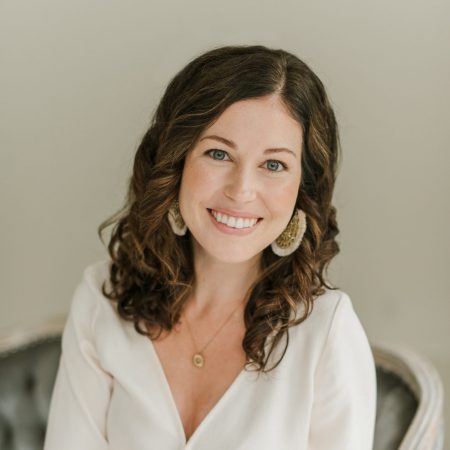Whether it’s your grocery store’s eggs or eating at a restaurant, food labels are everywhere and can create confusion.
In generations not long ago, most foods didn’t need a label: it was already considered whole, natural, and organic! It wasn’t until the beginning of conventional farming post-World War 2 that U.S. foods and soil have become less natural and more processed.
From clever marketing labels like “natural” and “healthy,” to more regulated labels such as “organic” and “non-GMO,” there are many to learn, but knowing them can allow you to navigate your grocery store or next dinner out with more peace of mind and confidence in your choices.
Here are some of the most common (and controversial!) food label claims to be looking for.
10 Most Commonly Used Food Labels
Free Range:
This term is related to eggs and is regulated by the U.S. Department of Agriculture (USDA). It refers to whether or not the producers of the eggs allow the birds access to the outdoors. It doesn’t refer to whether or not the access is cruelty-free or whether the birds are given antibiotics. The standards are defined by the USDA but not verified by a third party.
Grass-Fed, Grain-Fed, or Vegetarian-Fed:
These claims are related to animal protein and how the animal was fed during at least the majority of its life, and impacts the quality of animal protein being eaten. Grass is the animal’s natural diet, rather than grain, and the meat is typically less in fat and calories than grain-fed or vegetarian-fed meat. Grass-fed also means the animal was not fed any antibiotics or synthetic by-products (although grass-fed animals may be given antibiotics to treat disease). Look for “grass-fed and grass-finished” to ensure the animal ate their natural diet for the entirety of its life, even when brought to be slaughtered.
Healthy:
In order for a food to have the label “healthy” on its package, it must be low in saturated fat, sodium, and cholesterol. It also needs to have at least 10% of the daily value of vitamin A or C, fiber, iron, calcium, or protein (but not all of these nutrients). As you might infer, it doesn’t take much for food marketing to be able to use this term on their package.
No Added Hormones:
This claim means that the animal was not given synthetic hormones during its life. Synthetic hormones in food can impact our own hormone rhythms.
Natural:
The claim natural is only regulated for poultry and meat products and means that the animal has not been given antibiotics, or synthetic hormones, and no colors, flavors, or artificial preservatives were used in the processing of the poultry or meat.
Non-GMO:
GMOs, or Genetically Modified Organisms, are plants or animals that have had their DNA modified. In the United States, common GMO crops are corn and soybean. GMOs are considered controversial because they haven’t been proven safe for human consumption, so you may decide to choose to look for produce and products that are labeled “GMO-free” or “non-GMO.” Products can be labeled non-GMO if they’ve not been produced with GMOs.
Organic:
The label “Organic” is a government-regulated label that refers to the way food is grown or produced. It’s worth noting that many locally-owned farms employ many if not all of these practices; however, it can take a long time and be expensive to apply for and maintain an Organic License. It’s a great practice to ask your local farmers market vendors how they grow their food, as many of the vendors are not “licensed” but still make for an excellent option! Organic farms or products are verified by a USDA-approved agency and adhere to many criteria, including but not limited to:
- No synthetic fertilizers, pesticides
- No Genetically Modified Organisms (GMOs)
- Crop rotation practices and soil building/conservation
- Outdoor access to animals, if applicable
- No antibiotic or hormone use in animals and feed animals with organic feed
- No hydrogenated or trans fats
Pasture Raised:
This term is similar to Grass-Fed in that the animal ate a diet in accordance to their natural diet (grass or plants), however, this label takes it a step further to acknowledge that the animal lived in a pasture grazing environment typically seen in traditional farming as opposed to simply having access to the outdoors as is seen in much of modern and conventional farming practices.
Wondering how to apply this knowledge to YOUR unique dietary needs and health goals? Kellen Mental Health’s certified Health Coach is available to support your health journey. To schedule a free consultation, contact us here. To learn more about how a Health Coach can support your journey in good health, visit our Nutrition Health Coaching page.


